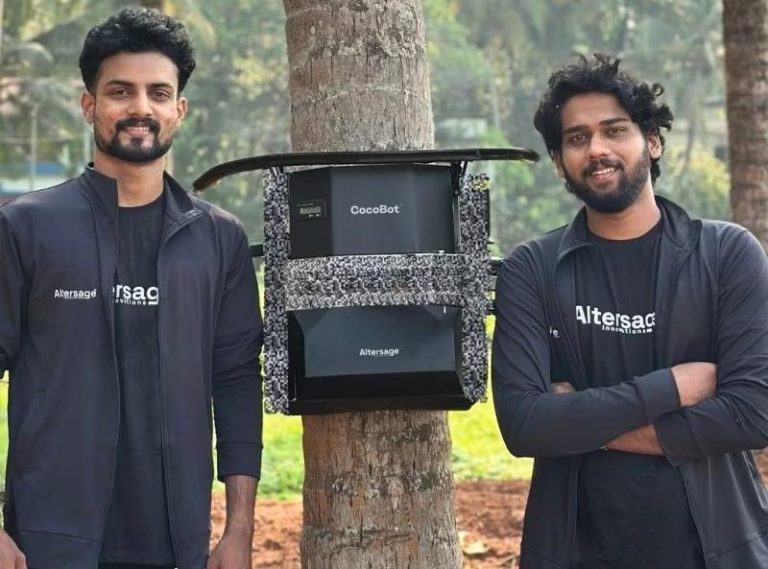
Bira’s Costly Rebranding Led to an ₹80 Crore Loss
In today’s competitive market, rebranding a product can be a tricky business. One wrong move, and the entire exercise can backfire, resulting in significant financial losses. This is exactly what happened to B9 Beverages Limited, the maker of popular Indian beer, Bira 91. The company’s decision to drop “Private” from its name led to a whopping ₹80 crore loss, halting sales for months due to compliance issues.
Bira 91 was launched in 2015 by Ankur Jain and Nikhil Bekriwala, two friends who aimed to create a beer that would appeal to the Indian palate. The beer quickly gained popularity, and by 2020, it had become one of the top-selling beer brands in India. However, the company’s decision to rebrand and expand its product portfolio led to the costly mistake.
In 2022, B9 Beverages Limited decided to drop “Private” from its name, hoping to project a more premium image. The rebranding exercise was expected to help the company expand its presence in the global market and attract more investors. However, the move triggered a series of compliance issues, including changes to the company’s license and registration.
The rebranding exercise was so costly that it halted sales for months, resulting in a significant revenue drop of 22%. The company’s net loss for the financial year 2023-24 was a staggering ₹748 crore, a huge increase from the ₹143 crore loss in the previous financial year.
The rebranding fiasco is a stark reminder of the challenges that come with rebranding a product. While rebranding can help a company to modernize its image and appeal to a new audience, it can also be a costly and time-consuming process. In Bira 91’s case, the rebranding exercise was so costly that it put a significant strain on the company’s finances.
So, what went wrong? According to industry experts, the company’s decision to drop “Private” from its name was poorly executed. The rebranding exercise was not accompanied by a clear marketing strategy, and the company failed to communicate effectively with its customers and stakeholders.
Another factor that contributed to the company’s loss was its failure to anticipate the compliance issues that would arise from the rebranding exercise. The company underestimated the time and resources required to update its licenses and registrations, leading to a delay in sales and revenue.
The rebranding fiasco has also raised questions about the company’s governance and decision-making process. Industry experts have questioned the wisdom of the company’s decision to rebrand without a clear plan and strategy in place.
Despite the financial losses, B9 Beverages Limited is not giving up. The company has announced plans to launch an initial public offering (IPO) to raise funds for its expansion plans. The IPO is expected to be a significant milestone for the company, and it is hoping to raise around ₹1,500 crore to fund its expansion plans.
In conclusion, Bira’s costly rebranding exercise is a stark reminder of the challenges that come with rebranding a product. While rebranding can be a powerful tool for companies looking to modernize their image and appeal to a new audience, it requires careful planning and execution. B9 Beverages Limited’s experience serves as a cautionary tale for companies looking to rebrand their products, emphasizing the importance of clear communication, effective marketing strategies, and careful planning.






